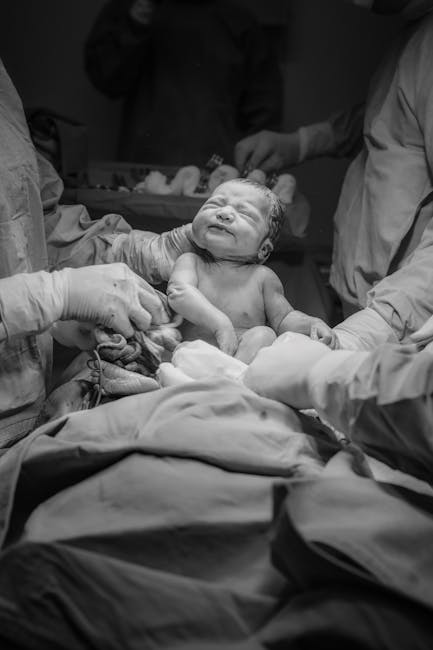Addiction is a complex and multifaceted issue affecting millions of individuals worldwide. While the journey to recovery often begins with personal resolve, research shows that active family involvement forms a cornerstone for successful and sustainable rehabilitation. The crucial role of family dynamics can’t be underestimated, as it offers emotional support, facilitates practical interventions, and fosters open communication.
Understanding Family Support in Recovery
Family support is integral to the addiction recovery process. When individuals struggle to overcome addictions, their family networks can be their strongest allies — or inadvertent enablers. A positive engagement of loved ones often leads to better rehabilitation outcomes. Families can offer care, empathy, and persistency, forming an emotional safety net during this tumultuous time.
Family Support: An Anchor of Stability
– Consistent Presence: Having a supportive family that is physically and emotionally available can provide reassurance and a stabilizing force for someone in recovery.
– Unconditional Love: Knowing that they are loved and accepted despite past mistakes motivates many individuals to keep pushing forward in their addiction recovery.
– Continental Reality Checks: Families can set grounded boundaries and remind their loved ones of the life they are working towards.
Incorporating Family Therapy into the Rehabilitation Journey
Family therapy is a specialized form of counseling that focuses on healing relationships and fostering positive family dynamics. It aims to rejuvenate the bonds that addiction may have strained or broken.
Benefits of Family Therapy
– Addressing Root Causes: Sometimes, family dynamics contribute to addiction. Therapy can unveil these issues, helping both the individual and family tackle root problems.
– Improved Communication Skills: Therapy sessions teach families how to express concerns constructively, listen actively, and build mutual understanding.
– Collaborative Healing: By allowing families to heal together, therapy equips every member with tools to support each other and rebuild trust.
Family Therapy Phases
1. Acknowledgment: Recognizing not just the addict’s struggles, but the collective challenges faced by the family.
2. Education: Learning about addiction as a disease and understanding the nuances of recovery and relapse probabilities.
3. Skill Building: Developing practical skills, like conflict management and effective communication.
4. Support Systems: Building robust coping mechanisms collectively.
Involving Loved Ones Creates a Unified Recovery Front
Family involvement provides a well-rounded support framework encircling the individual striving for recovery. The decision to be involved doesn’t just benefit the addict; it benefits the entire family unit, creating a supportive environment.
Emotional Support
– Empathy and Understanding: Providing a safe space without judgment boosts the addict’s morale.
– Frequent Encouragement: Affirmations remind the individual of the progress they’ve made and why they are fighting to recover.
Building Healthy Family Dynamics
– Shared Activities: Engaging in constructive pastimes strengthens bonds and creates new positive memories.
– Open Communication: Regular family meetings offer platforms to share concerns and achievements alike.
Communication Skills: Key to Healing Together
Effective communication is a powerful tool in any recovery process. Families must prioritize improving their communication skills to offer genuine aid.
Communication Techniques
– Active Listening: Taking the time to truly understand what’s being conveyed.
– Positive Reinforcement: Celebrate small victories and milestones reached on the rehabilitation journey.
– Expressive Openness: Encouraging family members to express themselves freely lets emotions be processed and addressed.
Conclusion: The Power of Family Intervention
Families play decisive roles in shaping recovery trajectories. The unified efforts of a supportive family can make a tangible difference — promoting healing, fostering resilience, and ultimately guiding individuals away from the shackles of addiction. By embracing empathy, fostering open dialogue, and engaging in family therapy, families can participate in a transformative rehabilitation journey that strengthens bonds and promises a healthier future together.

